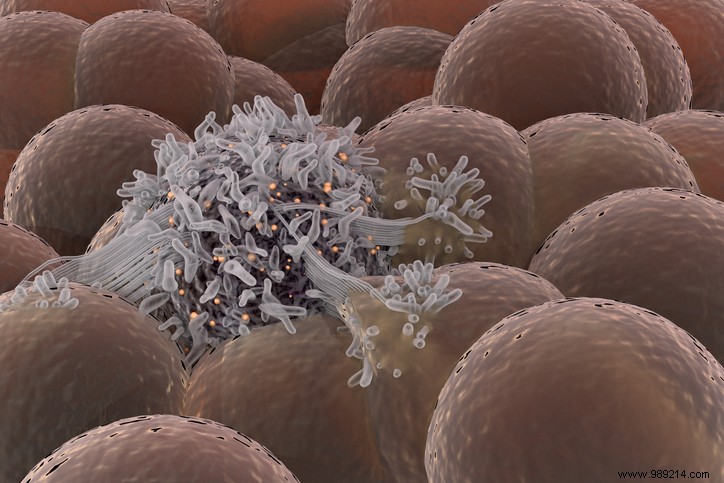Lab research reveals cancer cells struggle to form tumors in microgravity. An upcoming ISS experiment aims to confirm these findings.
Humans evolved under Earth's gravity, making space travel challenging. Astronauts face risks like cosmic radiation, muscle atrophy, bone loss, and impaired organ function. Yet, microgravity might offer unexpected benefits—particularly in combating cancer.
Joshua Choi, a researcher at the University of Technology Sydney (UTS) in Australia, has been investigating microgravity's impact on human cells. His work draws from real-world expertise in cellular biology and space physiology.
The idea sparked from a conversation with the late Stephen Hawking, who remarked: "nothing in the Universe can defy gravity." Months later, a friend's cancer diagnosis prompted Choi to explore microgravity's effects on malignant cells.
Cancer arises when cells multiply uncontrollably, forming solid tumors through mechanical adhesion shaped by gravity. Without it, could these cells fail to aggregate and metastasize?
Choi's team simulated microgravity in the lab using a compact centrifuge housing cell-filled pods. Testing ovarian, breast, nasal, and lung cancer cells, they found 80-90% failed to adhere, effectively deactivating their tumor-forming ability.

Building on these results, an ISS experiment is slated for early next year. Cancer cells will endure zero gravity for seven days, then be frozen for Earth-based analysis by experts.
Positive outcomes could inspire innovative treatments that replicate microgravity's effects, enhancing existing therapies by halting cancer spread.
Source
Related articles: